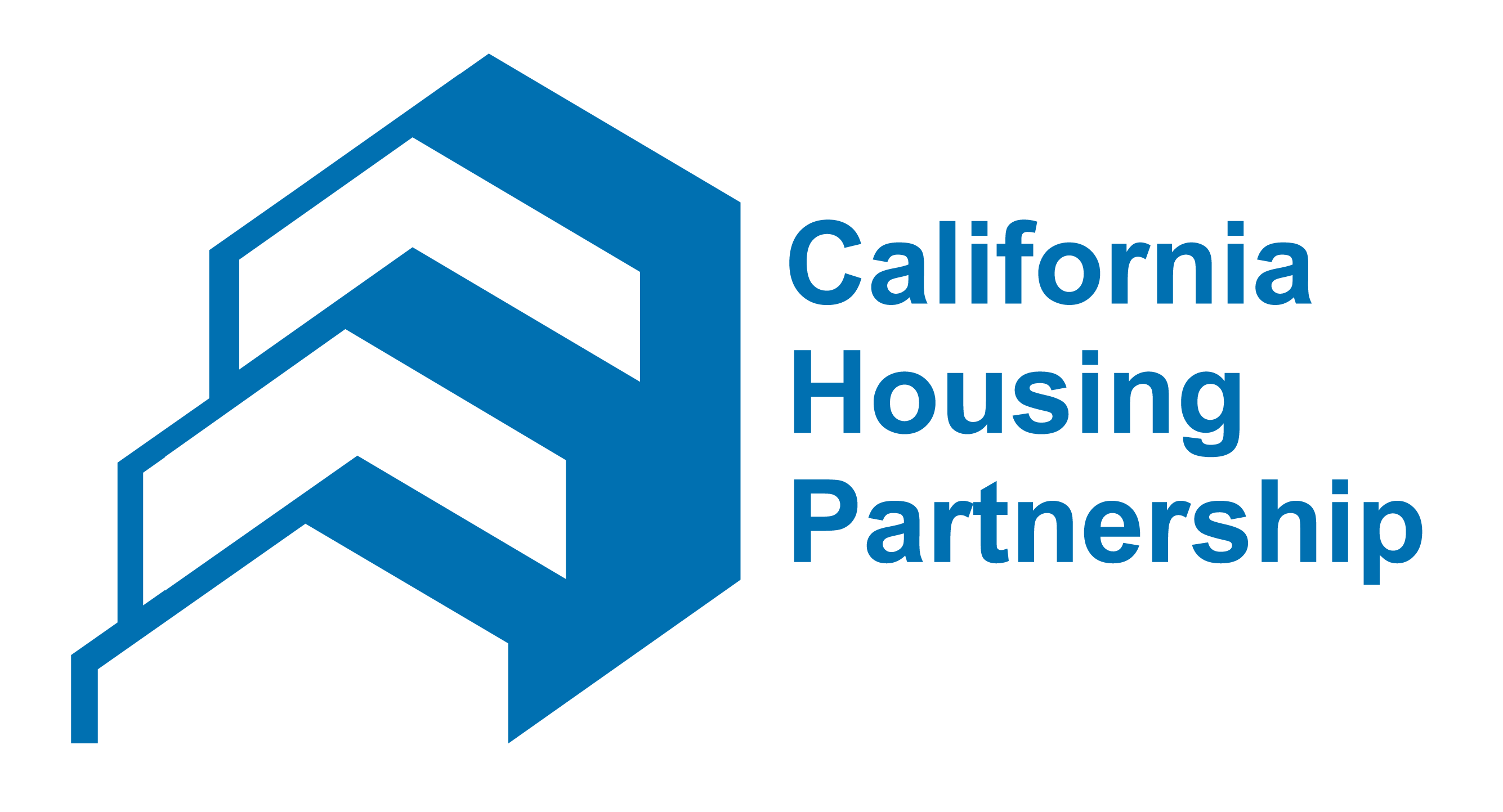FOR IMMEDIATE RELEASE
Media Contacts:
Arianna Jukes, ajukes@Scanph.org (310-903-0730)
Alan Greenlee, AGreenlee@scanph.org (818-516-0680)
Christina Gotuaco, cgotuaco@chpc.net (415-433-6804 x313)
New Housing Need Report for Los Angeles County Highlights Housing Affordability Challenges for Low-Income Families: What Can Local Leaders Do to Help?
May 10, 2022 (Los Angeles, CA) – Economic instability exacerbated by the Covid-19 pandemic paired with rising housing costs have left hundreds of thousands of Angelenos rent burdened, at risk of losing housing, or homeless. Despite more than doubling the production of new affordable homes in the last three years, the State of California is still only funding 16% of what it needs to meet affordable housing production goals, and in a county where one must make three times the state minimum wage just to afford the average monthly rents, this means that low-income Angelenos still bear the brunt of the housing crisis.
Newly released today, the California Housing Partnership’s 2022 Affordable Housing Needs Report shows that increases in the cost of living and decreases in funding for affordable housing production continue to push housing affordability out of reach for many low-income families in Los Angeles County, while emphasizing the need for more affordable housing funding streams. Key Findings include:
- Los Angeles County residents must earn three times the California State minimum wage to afford the monthly average asking rent of $2349.
- Asking rents within Los Angeles County increased by 6.8% from Q4 2020 to Q4 2021.
- From 2020 – 2021, Los Angeles County saw a 19% decrease in state and federal funding for the production and preservation of affordable housing and preservation, and a 29% decrease in Low Income Housing and Tax Credit production from the previous year.
- With the addition of Project Homekey units, the interim and permanent housing supply available in Los Angeles County in 2021 was 32,388 units.
“California’s Roadmap Home 2030 goals of housing the homeless, ending the crisis in affordability, protecting vulnerable renters from displacement, and closing racial equity gaps are attainable if state leaders embrace the proposal made by Assembly Housing Chair Buffy Wicks to set aside 5% of state general funds for this purpose. This is the kind of bold, long-term investment we need to scale our resources to the scope of these challenges,” said Matt Schwarz, president and CEO of the California Housing Partnership.
This goal can also be met by policy efforts advocated for at the local county level by organizations like the Southern California Association of Nonprofit Housing (SCANPH), which authored a series of local policy recommendations to address the report’s findings. The policy recommendations include:
- Maintain full funding annually of $100 Million to the Affordable Housing Trust Fund and allocate a future expansion of this investment to keep up with rising costs, high inflation, and surging demand for more affordable housing.
- Expedite the building process by waiving design standard requirements, or at the very least, streamline or shorten the review process for design standards. Additionally, the county should directly purchase land sites and use its zoning authority to expand the available pool of land to build more housing.
- Create a religious institution overlay to allow affordable housing to be built by-right on property owned by faith-based institutions.
- Secure more Project Based Vouchers (PBV) and operating subsidies to overcome a major constraining factor in the development of new affordable housing.
- Better align County funding rounds with the state’s funding calendar to ensure nonprofit developers can have commitments in place in time for state funding applications to streamline the financing period and make it more efficient.
“The data once again points to the need to protect renters, boost affordable housing production, and preserve any remaining affordable housing units we do have. Fortunately, we are seeing the benefits of creative policy solutions such as Project Homekey in bringing affordable housing units online faster, and City of LA voters will have the opportunity in November to vote for the United to House LA ballot measure, which would create a permanent funding stream for renter protections and affordable housing production. We know what we must do to support our low-income neighbors, we just need the commitment of government and political will to secure real solutions,” said Alan Greenlee, SCANPH Executive Director.
The Los Angeles County Report can be viewed here.
###
